Published on January 26, 2025 3:51 AM GMT
I recently got back from Argentina, where we decided to spend part of our honeymoon. We chose Argentina for our honeymoon because my wife and I met in Patagonia in 2022, and we love the region. Behind the choice was also my desire to see a country undergoing a major economic transformation: by the time we arrived in Ushuaia, President Javier Milei had been in power for a year. President Milei is perhaps the first democratically elected libertarian in history, elected with a mandate to transform Argentina's economy and society. I wanted to see firsthand what had changed in Argentina over the past 12 months.
Brief history on how Javier Milei came to power
After the COVID pandemic, Argentina experienced a severe economic crisis, with very high inflation and poverty rates. Milei, an outsider with a larger-than-life personality, catapulted himself to the top of the polls with his unorthodox style and strong criticism of Argentina's political class. In the runoff election, he soundly defeated Sergio Massa, the economy minister from the incumbent Peronist coalition. Milei's win represents perhaps the greatest non-violent ideological pendulum swing in a country since the fall of Communism in the late 80s.
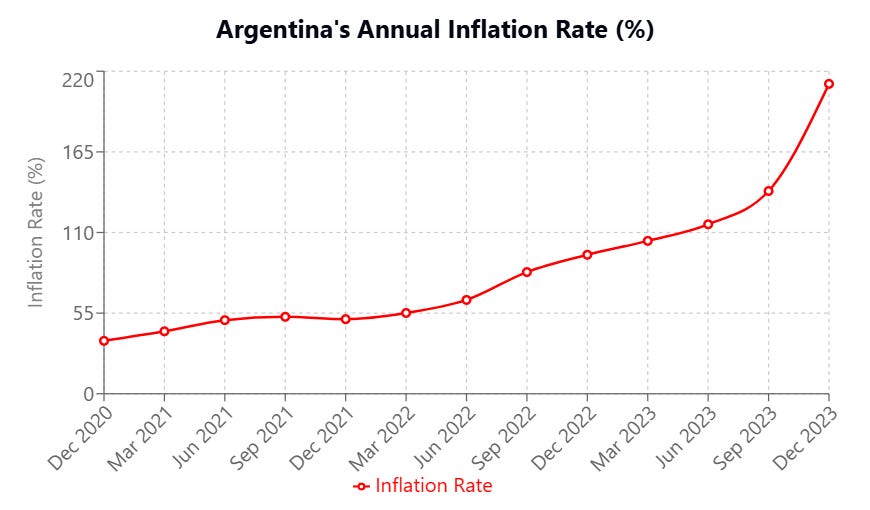
Ushuaia
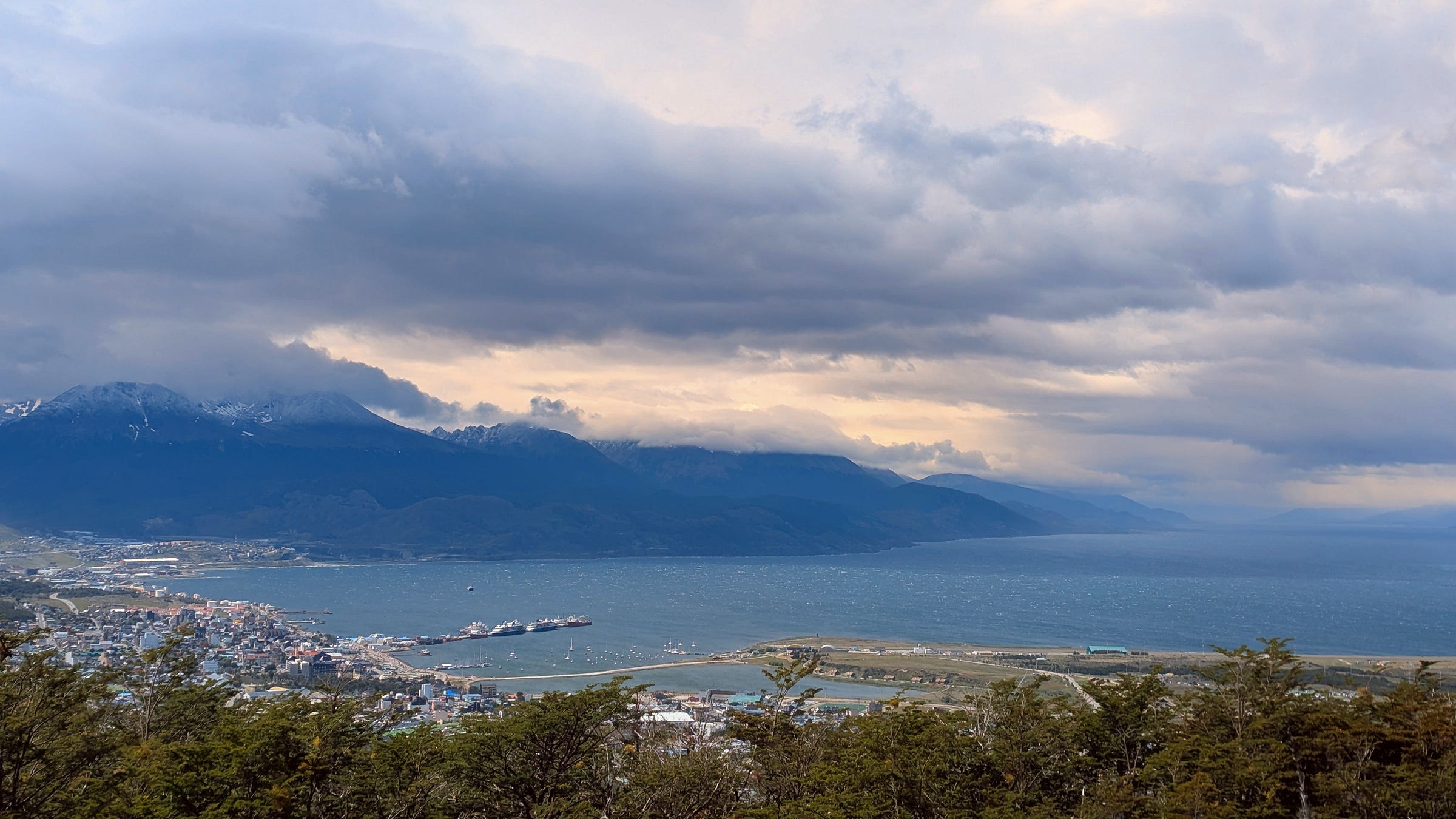
Our first stop in Argentina was Ushuaia. Located on the 54th parallel south latitude, Ushuaia is the world's southernmost city. The city sits on the main island of the Tierra del Fuego archipelago, at South America's southern tip.
Tourism drives Ushuaia's economy, as it serves as the gateway to Antarctica. Other economic activities include fishing, government services, and farming. Given President Milei's policy of reducing government size, several local ministry offices have closed or are shutting down. Many locals I spoke with knew someone who had lost their government job in 2024 and were still seeking employment.
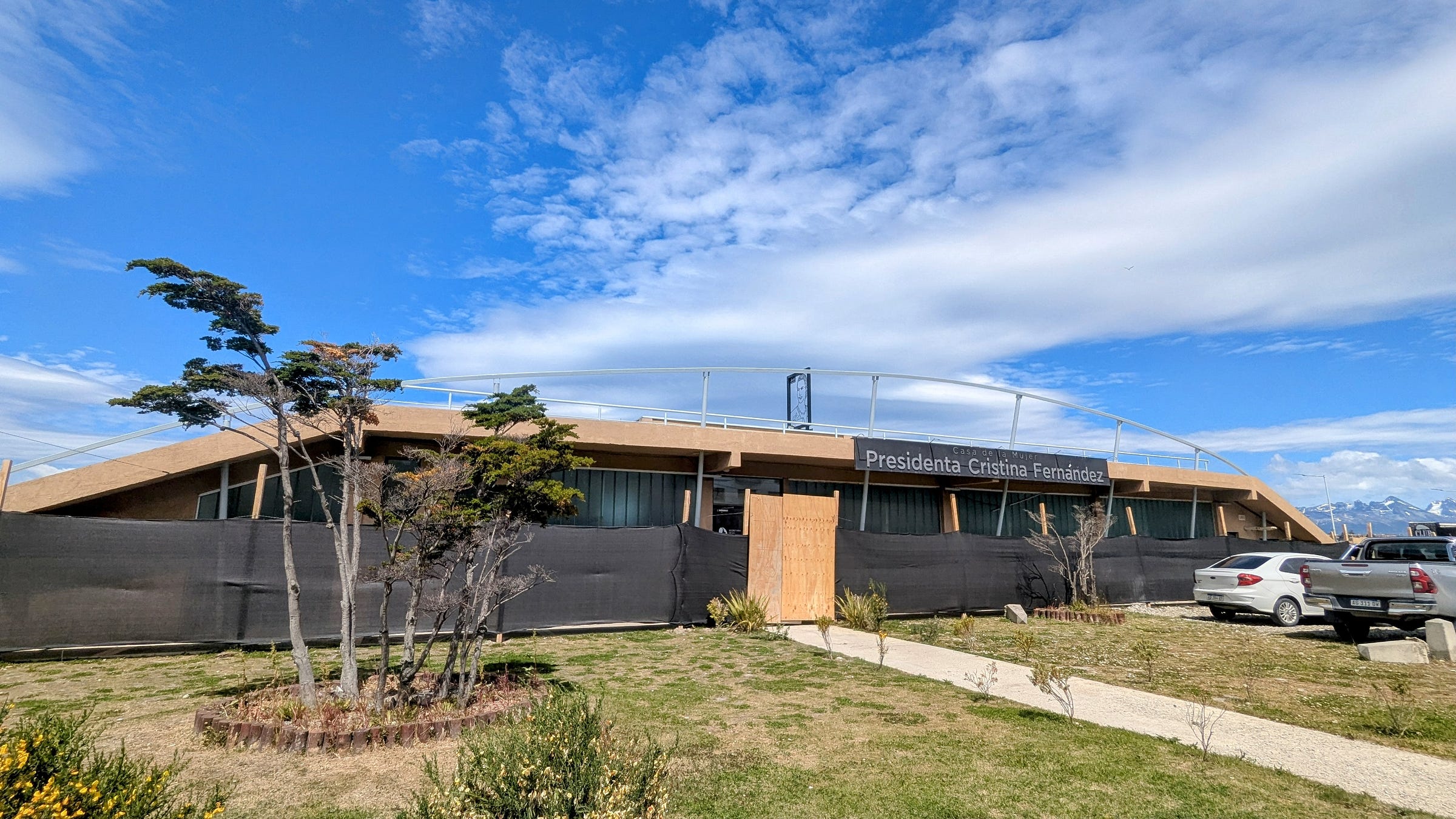
Having visited in 2022, we prepared for our 2024 visit by bringing $100 US dollar bills. In 2022, Argentina had a parallel shadow economy driven by its precarious economic situation. At the time, it was much more affordable for visitors to bring USD currency, exchange it to Argentine Pesos (ARS) at the Dollar Blue rate, and use cash for expenses. Many businesses operated as unofficial exchange houses and accepted payment in USD, euros, and even cryptocurrency. In February 2022, the Dollar Blue exchange rate was twice the official rate. Though this parallel economy was illegal, government authorities in the region turned a blind eye, as everyone participated.
After dropping our bags at our Airbnb, we set off to exchange our USD. We were surprised to learn that regular businesses had stopped operating as exchange houses, with only a handful of places providing currency exchange services. One business owner explained that he maintains the service as a convenience to tourists but doesn't profit much anymore because he must exchange acquired USD back to ARS to pay suppliers. The difference between the Dollar Blue and official exchange rates has narrowed to less than 10%, and most international credit cards now use the Dollar Blue rate when foreigners use their cards in Argentina.
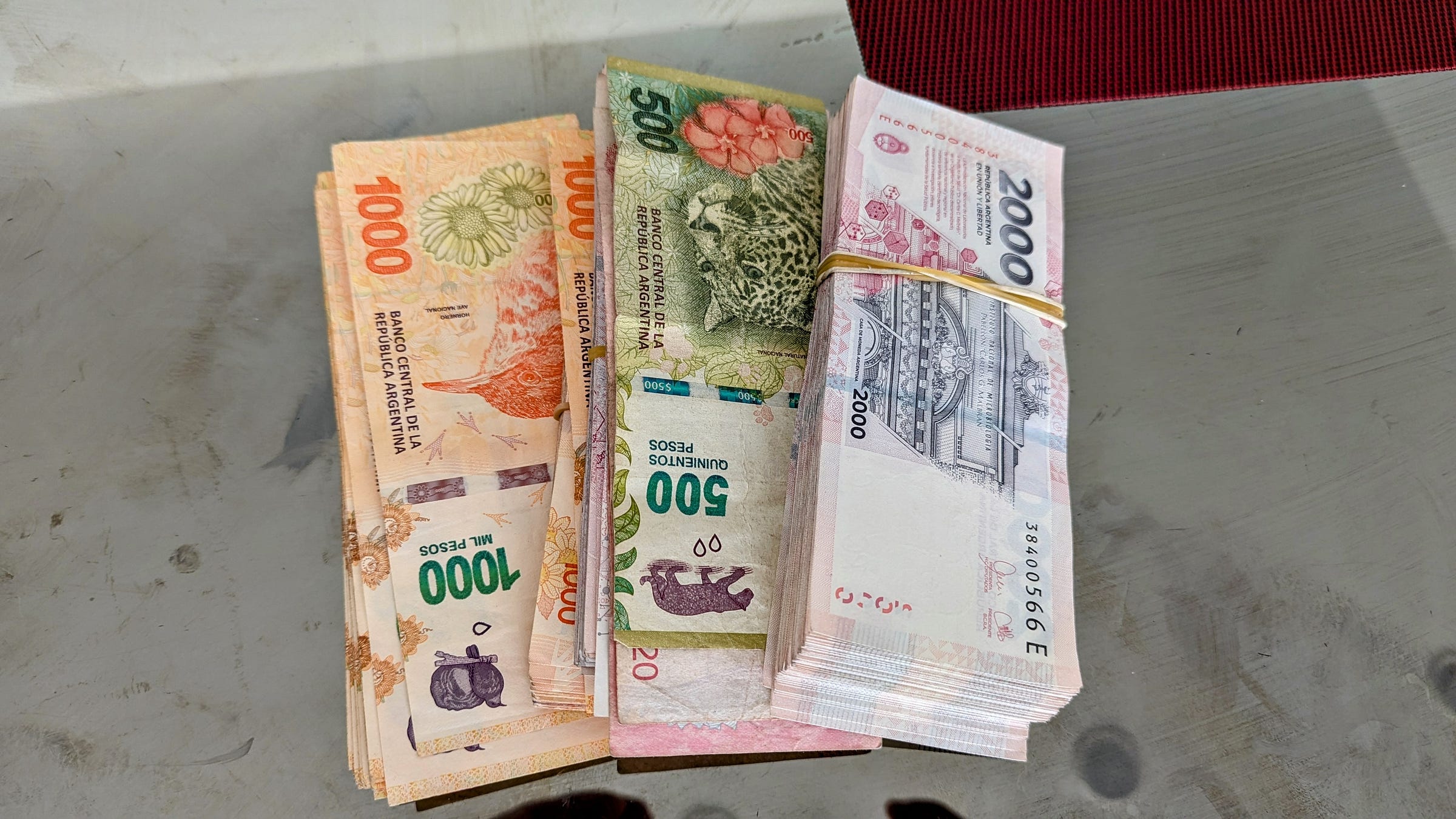
El Chalten
After a restful week in Ushuaia, we flew north to El Chalten, a town in Santa Cruz province known as Argentina’s capital of trekking. The town is also famous for being in the shadow of Mount Fitz Roy, an imposing peak considered one of the most beautiful mountains in the world.
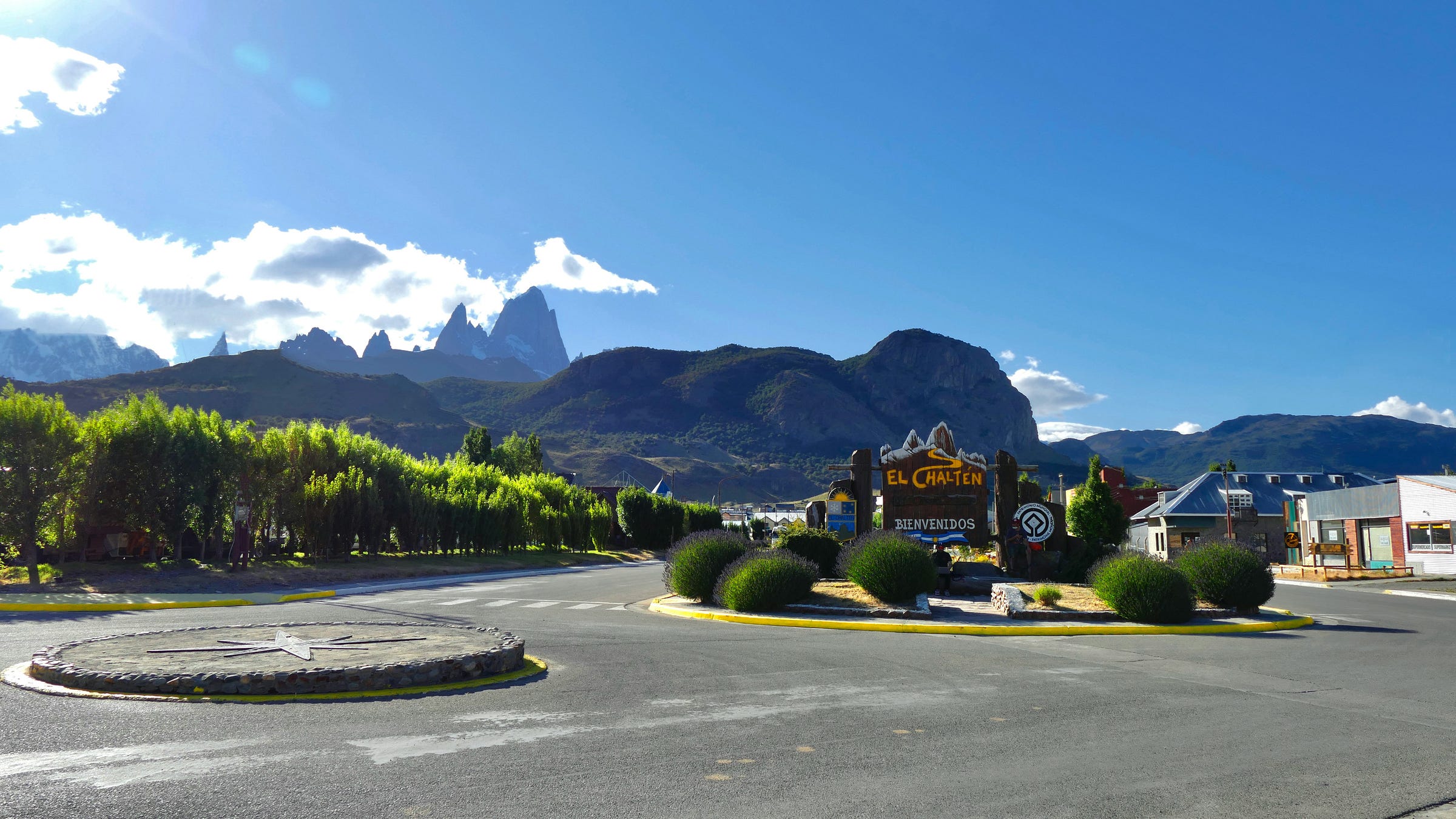
We noticed that many products and services were significantly more expensive in Argentina than in Chile, where we had spent 35 days traveling. Through conversations with locals, I understood why. President Milei's initial action was severely devaluing the Argentine Peso, making dollar-denominated goods more expensive. He also eliminated price controls and subsidies on several products to liberalize the economy and eliminate the shadow economy.
This transformation came at a cost. A coffee shop owner shared how tire prices in his town reached $1,000 USD per set. He instead drove two and a half hours to Chile, where he bought the same tires for $450 USD.
The peso devaluation alone couldn't explain such price disparities. Research revealed that decades of protectionist policies had created a complex web of regulations, taxes, and tariffs protecting the local economy. Business owners passed these costs to consumers. Before Milei's presidency, the shadow economy allowed businesses to avoid some costs and offer lower prices.
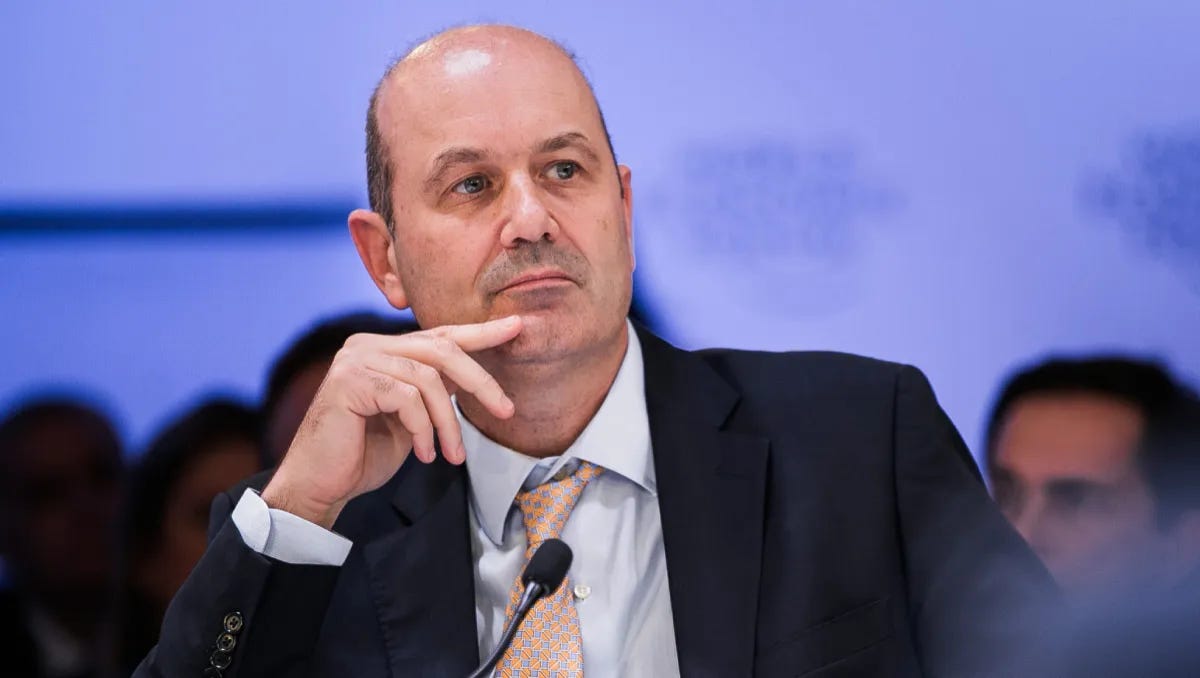
The government initially focused on reducing inflation, stabilizing currency, reducing the deficit, and ending the shadow economy. With these goals largely achieved by December 2024, attention shifted to deregulation under Federico Sturzenegger, the Minister of Deregulation and State Transformation. While Mr. Sturzenegger began dismantling burdensome tariffs, taxes, and regulations, the effects take time to materialize.
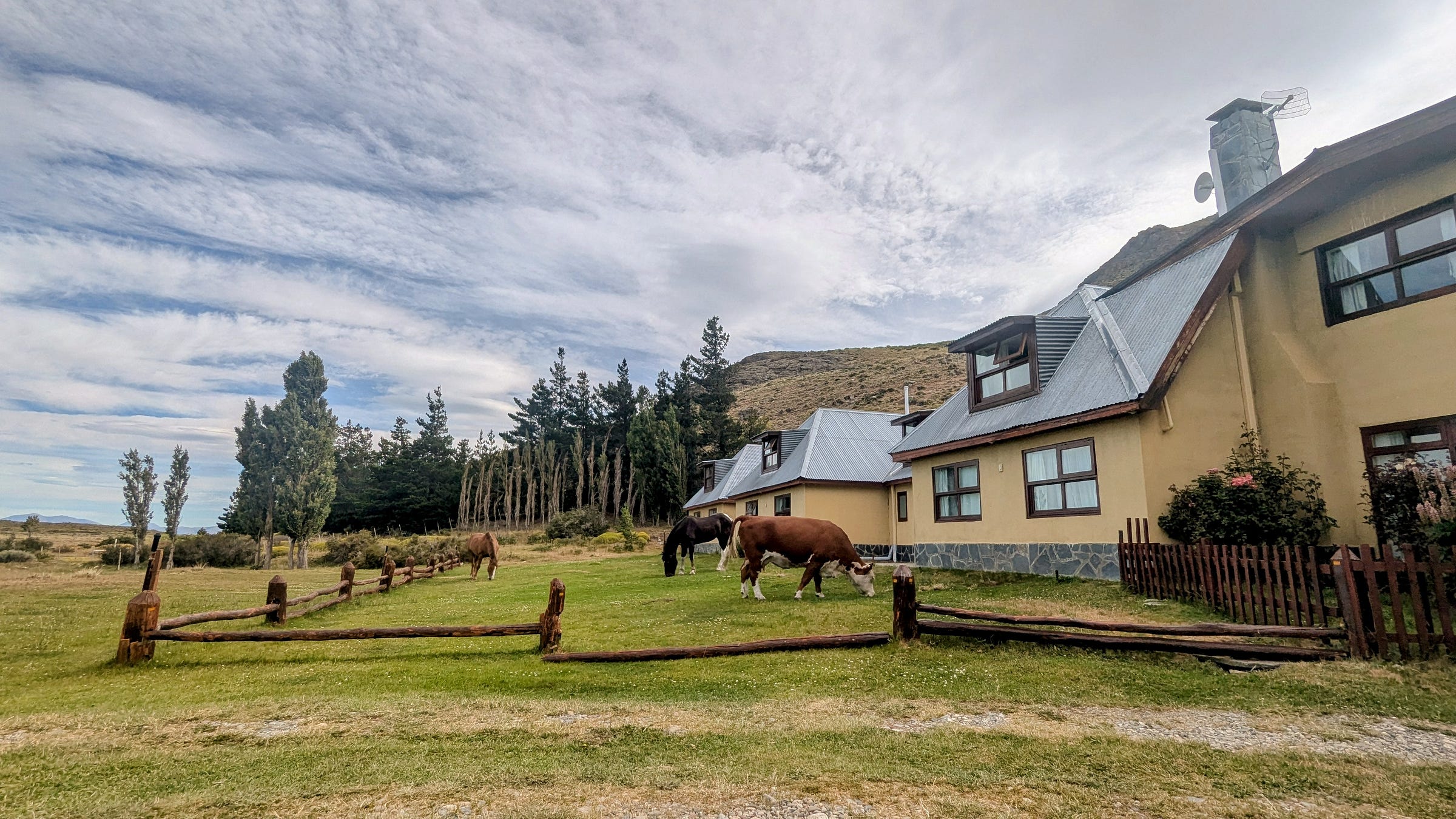
Given the negative atmosphere due to high prices, we shortened our stay in El Chalten and extended our time in Buenos Aires.
Buenos Aires
Buenos Aires is Argentina’s largest city and one of the largest metropolises in Latin America. In my opinion, it is the best city in Latin America. Despite the country's challenges since my previous visit in 2003, Buenos Aires has maintained its charm.
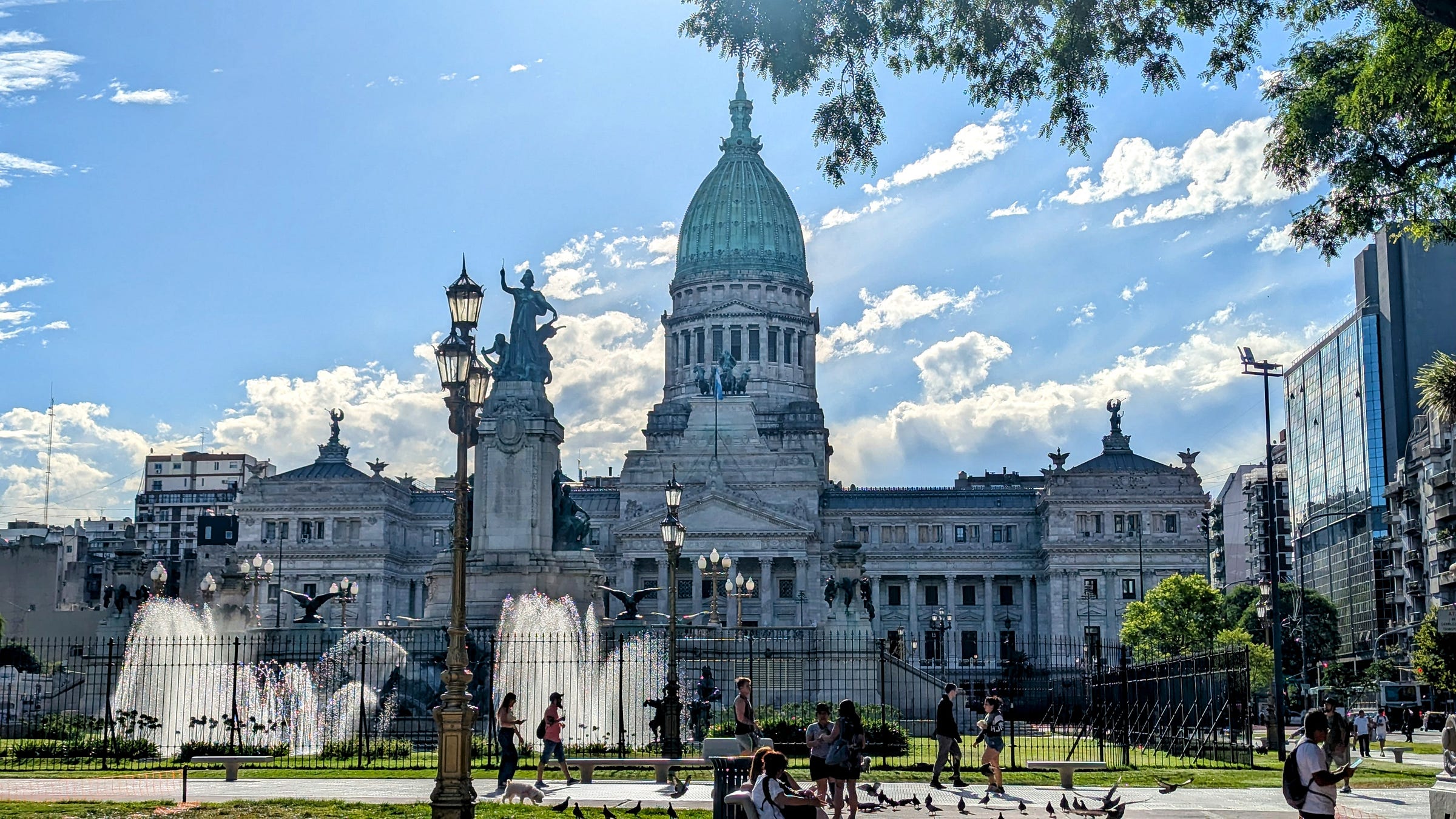
My wife and I explored the city through extensive walks and runs through Palermo, Villa Crespo, Recoleta, San Nicolas, Puerto Madero, and San Telmo. We felt safe throughout, noting considerable police presence. The city was clean and organized, though like many Western metropolises, it had some homelessness.
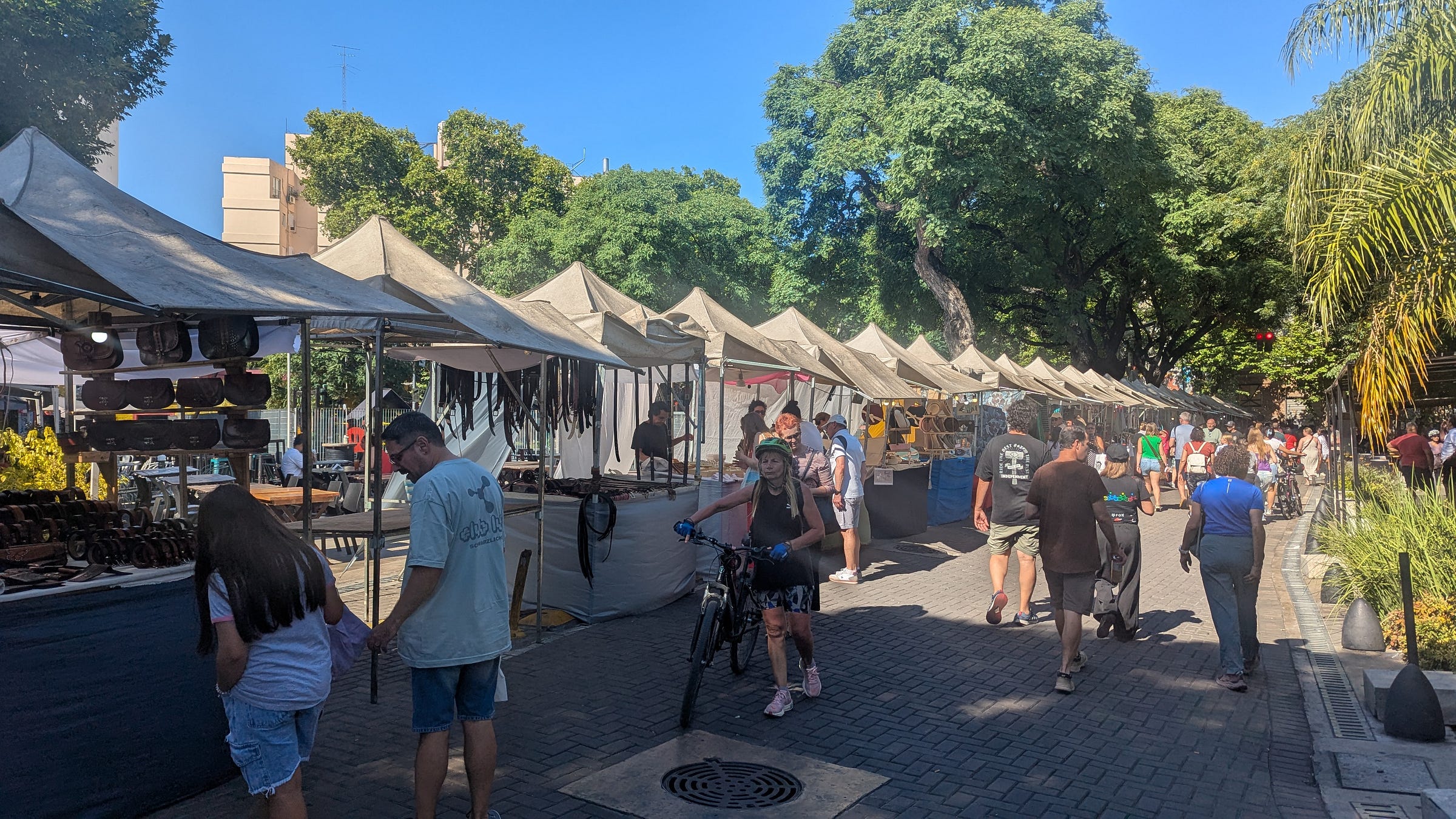
During our walks in Buenos Aires, we noticed an overwhelming amount of street vendors selling basic items from their backpacks. After several polite interactions, I asked one vendor about his work. He explained that a day's wage as a laborer (25,000 ARS/$22 USD) couldn't cover his family's basic needs. Street vending offered better income in less time, plus local restaurants would share leftover food at closing. This interaction highlighted how many Buenos Aires residents still struggle, even as economic reforms progress.
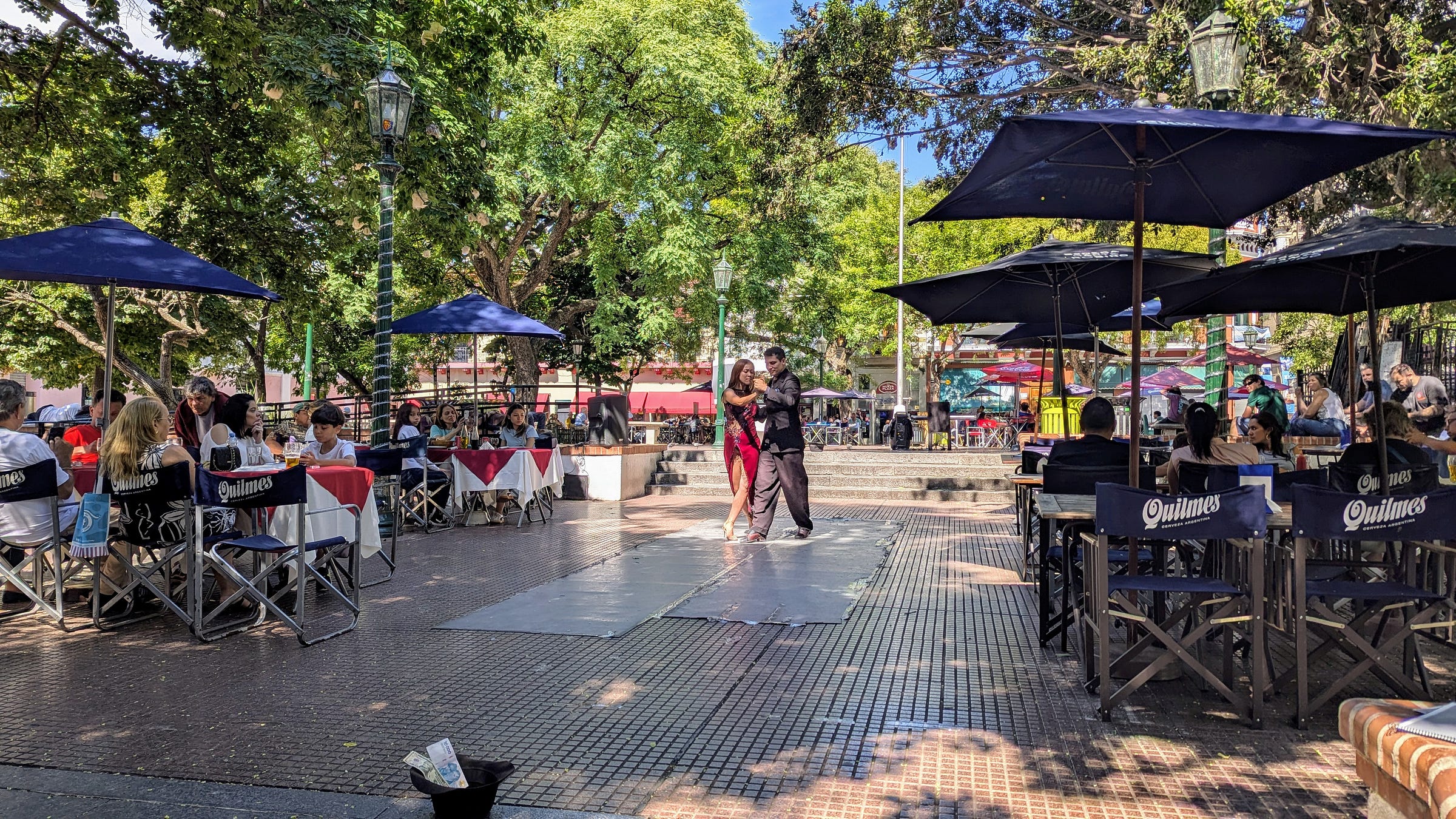
Despite these challenges, we thoroughly enjoyed Buenos Aires. The city pulses with energy, offering excellent gastronomy and eclectic nightlife. It was the perfect conclusion to our honeymoon.
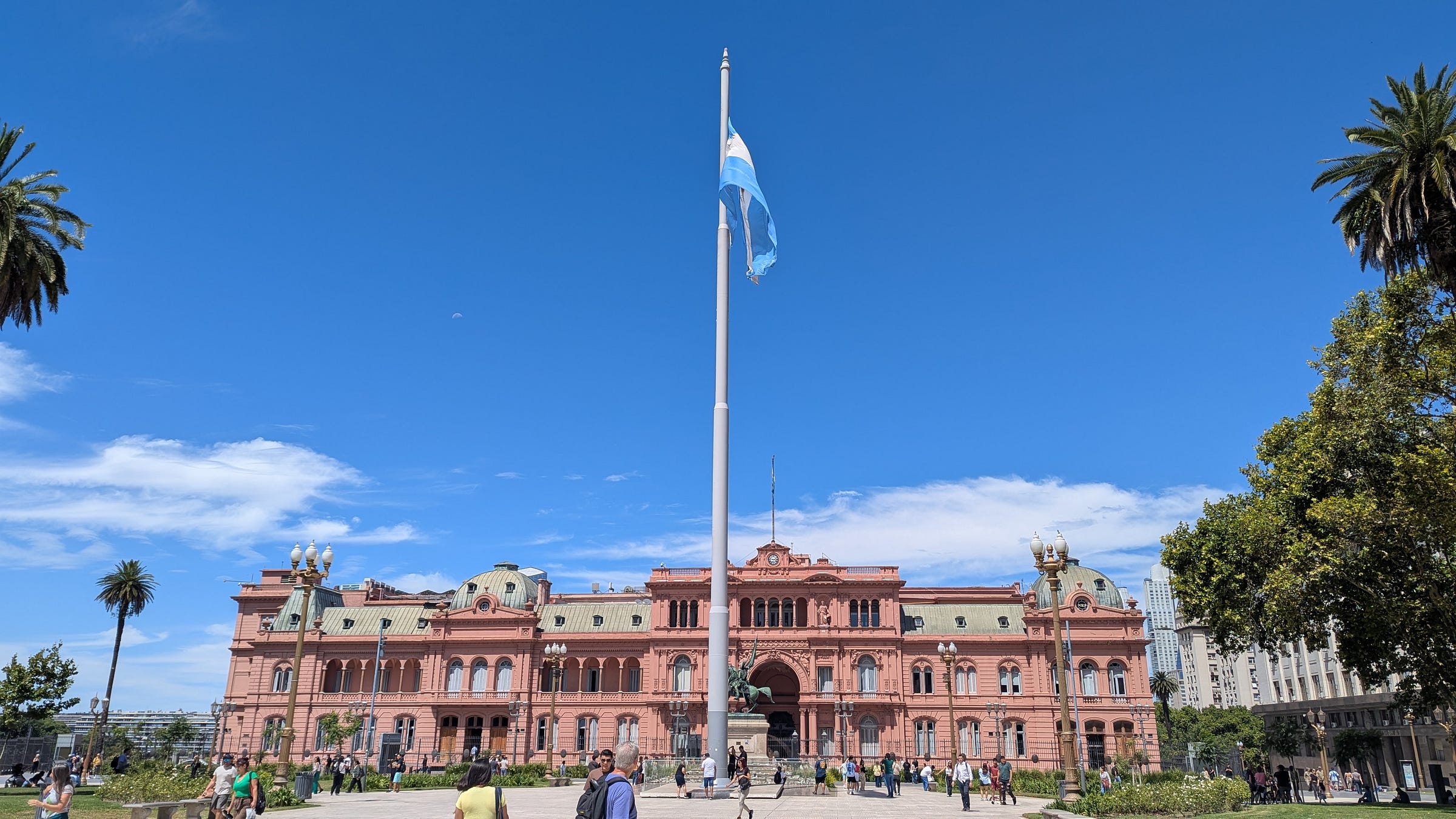
Final Thoughts
Throughout our 23-day trip, I asked over 100 people about their hopes for Argentina's future - from Ushuaia's tourism workers to Buenos Aires entrepreneurs. Most expressed optimism despite a difficult 2024, often citing specific improvements they'd seen in their daily lives. Some showed nihilism toward government, doubting significant change would occur - a skepticism earned from years of economic ups and downs. Only one person believed Argentina was heading in a worse direction.
President Milei inherited an extremely challenging situation, and expecting economic recovery within a year would have been unreasonable. Based on my observations and conversations across three distinct regions of the country, his government appears to be on a solid path to recovery. The structural changes are painful but necessary. I wish his administration and the Argentine people success and look forward to returning to see how these reforms develop over time.
Discuss

